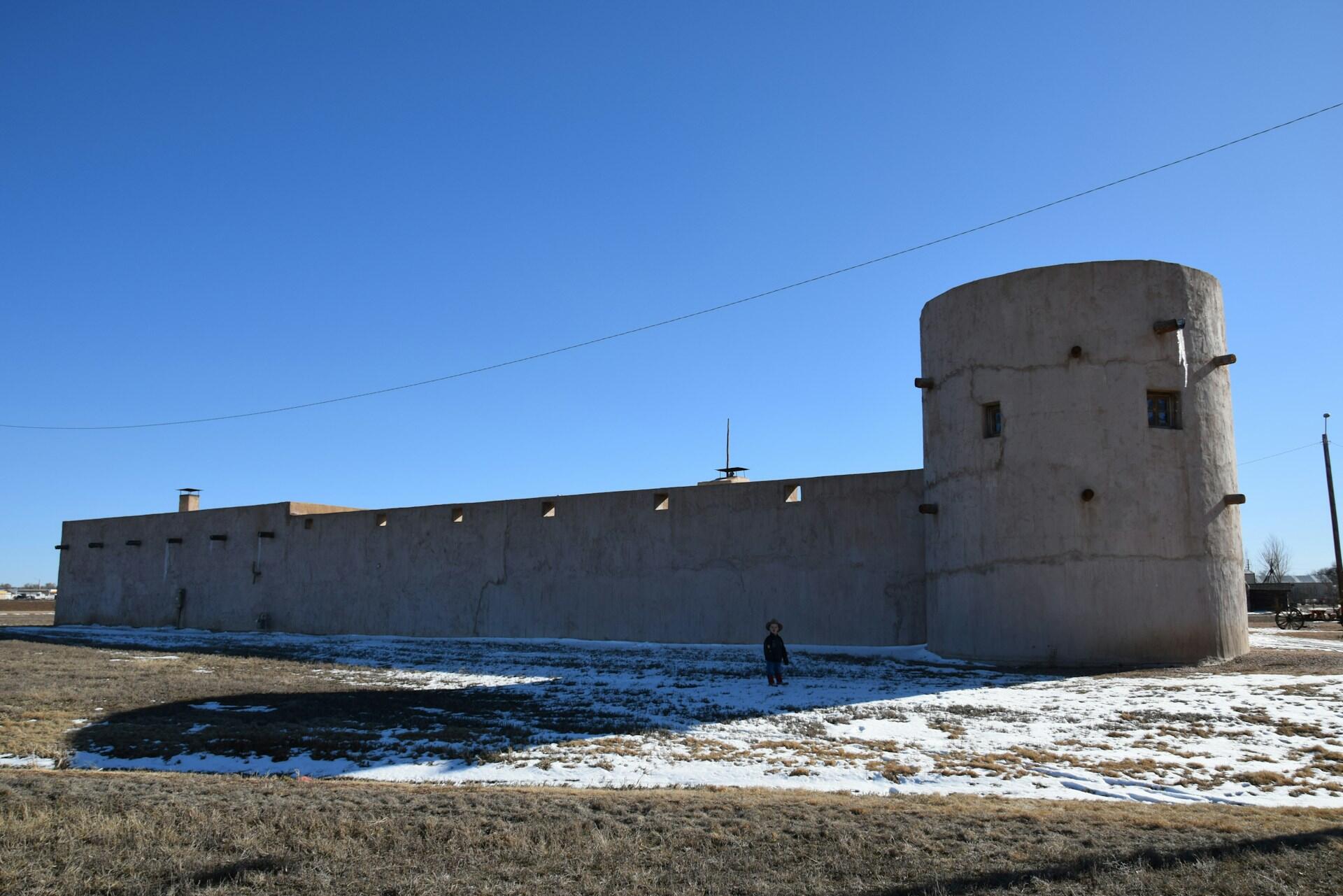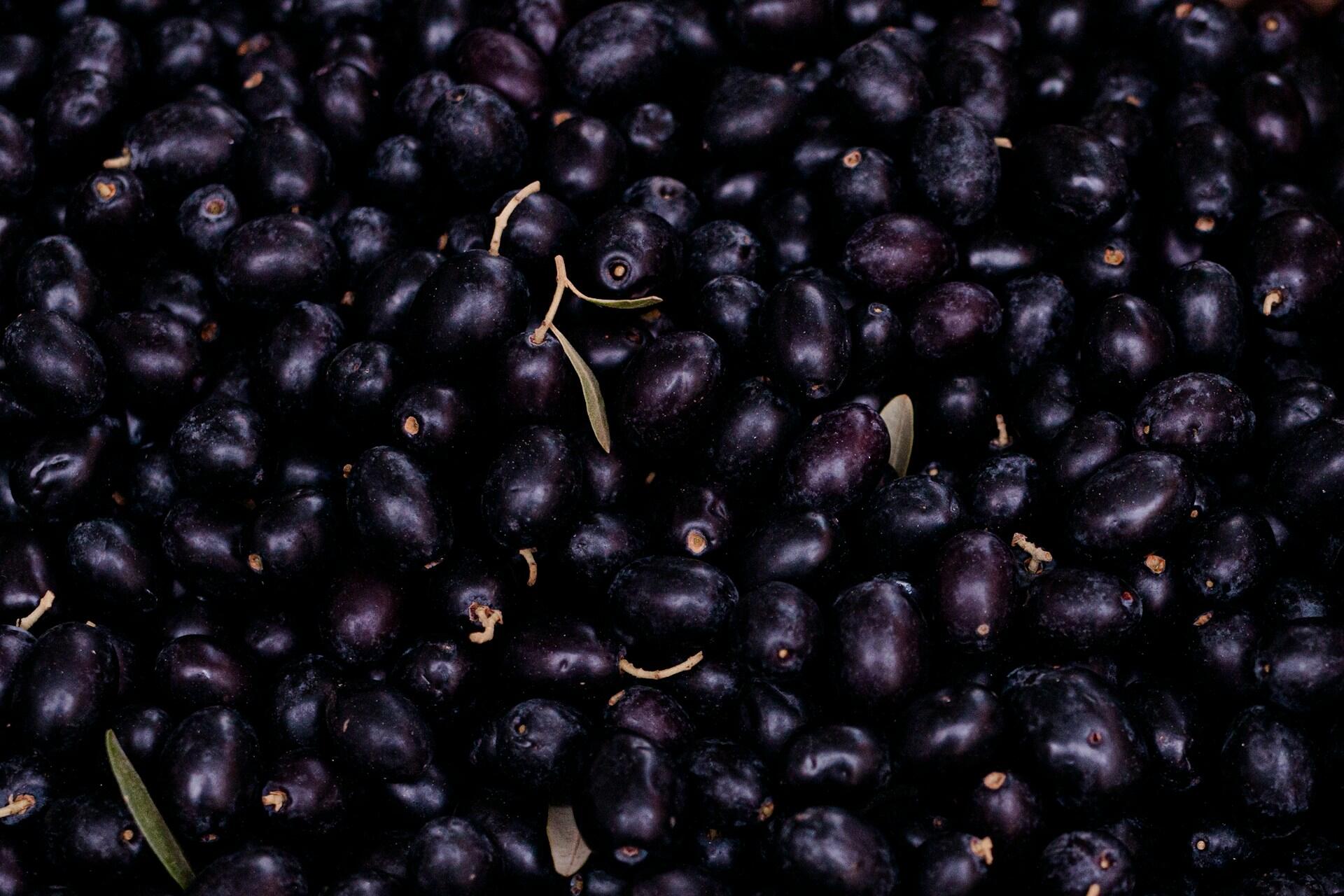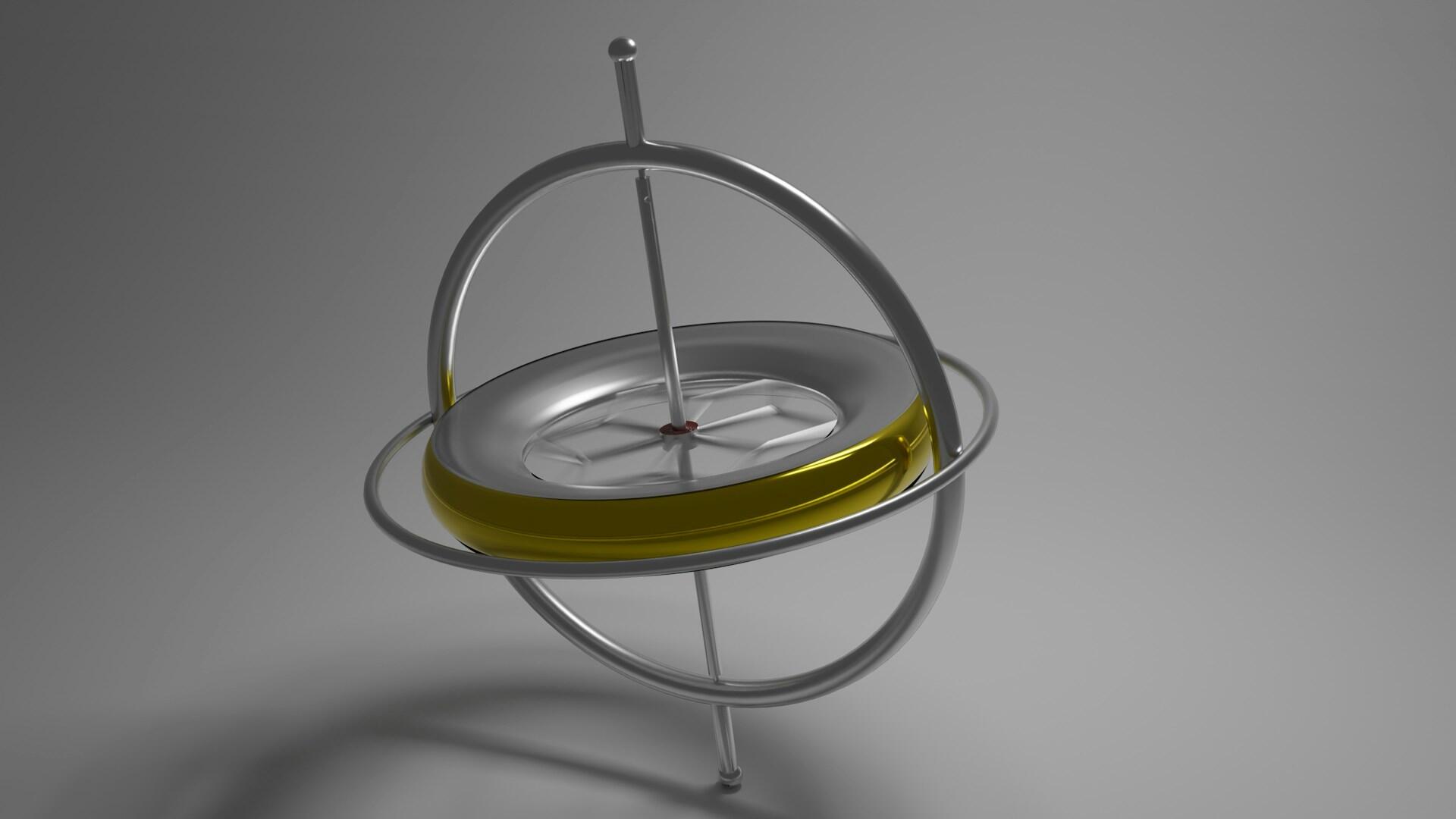Forty-two countries call English either their official language or a de jure language (one that everyone uses but it's not officially proclaimed). Across the English-speaking world, dialects emerge, but this article doesn't consider differences between regional pronunciations. Here, we cover popular mispronounced words every English speaker struggles with. This chart gives you a preview of the list below.
| 📖Word | ❌How it's mispronounced | ✅How it should be pronounced | 🔊What it sounds like |
|---|---|---|---|
| February februəri | FEH-byu-a-ry | FEB-ru-a-ry | |
| supposedly səˈpoʊzɪdli | sup-POS-ably | sup-PO-zed-ly | |
| niche niːʃ | n-ITCH | NEE-shh | |
| mischievous mɪstʃɪvəs | mis-CHEE-vee-us | MIS-che-vus | |
| nuclear njuːkliəʳ | NEW-kyu-lar | NEW-clee-er | |
| hyperbole haɪpɜːʳbəli | HY-per-bol | hy-PER-boh-lee | |
| almond ɑːmənd | AL-mond ALL-mond | AH-mond | |
| cache kæʃ | CASH-ay | CASH | |
| espresso espresoʊ | ex-PRESS-oh | es-PRESS-o | |
| forte fɔːʳteɪ | fOrt | FOR-tay | |
| anemone əneməni | AN-ee-mon | an-EM-o-nee | |
| vegetable vedʒtəbəl | veh-GEH-tah-ble | VEG-tah-ble | |
| debris deɪbri | DEH-briss | DEH-bree | |
| meme miːm | MEE-mee meh-MEE | MEE-m | |
| mete miːt | MEH-tee | MEE-t | |
| liable laɪəbə | LIE-bl | LIE-ah-ble | |
| açaí ˌæsaɪˈiː | ah-kai' ah-sigh' ah-kah-ee' | ah-sah-ee | |
| pronunciation prənʌnsieɪʃən | pro-NOUN-see-a-tion | pro-NUN-see-a-tion | |
| library laɪbrəri | LIE-berry | Lie-breh-ree | |
| gyro ˈʒɪərou | dzai-row | YEE-ro ZHIHR-oh | |
| desert dezəʳt | des-SERT de-zert | DE-zert | |
| quinoa kiːnwɑ | key-NO-ah | KEEN-wah |

February
Our shortest month is also our most mispronounced one. The 'b-r-u' combination is hard enough to pronounce, but the second 'R' gives our tongues a true workout. It might take a bit of practice to say 'FEB-ru-a-ry' if you're used to 'FEH-byu-a-ry'.
Supposedly
This is one of English's trickiest words to pronounce. It sounds okay even when mispronounced but if you check the dictionary for the mispronunciation - 'supposably', you won't find it. Don't be confused like Joey in this clip! Practise saying 'sup-PO-zed-ly' to get this word right.
Niche
This entry actually ranks among the words with different pronunciation. American English speakers say it differently than we do in Britain:
American English
'n-itch'
nɪtʃ
British English
'nee-sh'
niːʃ
The British pronunciation is the same as the original French word, so it's fair to call that the correct pronunciation.
Mischievous
This hard-to-pronounce word lives up to its definition: sneaky, tricky, and hard to pin down.
'Achieve' meaning: to accomplish something.
'Mischieve' meaning: misfortune, trouble, harm.
'To mischieve' was originally the opposite of 'achieve'. Today, most people rhyme it with 'achieve': 'mis-CHEE-vee-us', pronouncing it according to the old standard.
However, that's not correct. The emphasis is on 'mis', rather than 'chieving' anything. Thus, say 'MIS-che-vus' instead of stressing the second syllable.
Nuclear
The American president Bush is perhaps the king of mispronounced words. He was roundly mocked for how he said 'nuclear', but maybe there's more to that story, as this clip suggests.
He's not the only one to mispronounce this word. Many English speakers prefer the easy 'new-kyu-lar', or they simply say 'nuke'. A bit of practice will have you saying NEW-clee-er (njuːkliəʳ) in no time at all.
Hyperbole
Among commonly mispronounced words in English, 'hyperbole' takes top prize. Most English speakers say it as though it were a mash-up of two words, 'hyper' and 'bole' - HY-per-bol.
Hyper = excited, energetic
Bole = trunk of a tree
It's a safe bet that anyone would be frightened into their grave at the sight of energetic, excited tree trunks. To avoid communicating such a vision, pronounce this word hy-PER-boh-lee (haɪpɜːʳbəli).

Almond
Like 'salmon', 'almond' is haunted by its Latin-French past. So, like that glorious fish's name, the 'L' in 'almond' is silent. However, the 'D' at the end is pronounced; don't forget it!
I'm in awe of almonds!
Cache
It's quite common to hear people say 'catch' instead of this French word's proper pronunciation, which sounds like 'cash'.

In fact, as one of the most popular mispronounced words, 'cache' has several mispronunciations. Among them, we hear 'cash-AY', which is the proper English pronunciation for another French word: cachet (meaning prestige).
It's particularly dismaying that IT professionals often pronounce it 'cya-she' which, to this wordsmith's knowledge, has no equivalent in any language. So, to keep from losing your cachet, pronounce 'cache' correctly: rhyme it with 'cash'!
Espresso
What do you get when you feel like stopping in for a quick coffee? Not an 'expresso', the way most people pronounce this word. This Italian word describes the action of pressing the beverage out under steam. Next time you need a caffeine jolt, ask your barista for an es-PRESS-o (espresoʊ).
Don't think of 'espresso' as a strange English word. It's not even an English word, it's Italian! Take it from Weird Al, who has a big dictionary: there's no 'X' in espresso!
Forte
To brag about your personal strong points - your successes and tasks you're good at - you must say, "Oh, [that] is my for-TAY (fɔːʳteɪ)". If you say they're your fort, you're suggesting a protective structure.
Both words come from the French 'fort' - strength, but one means personal strengths while the other suggests a stronghold.


Anemone
This delightful little bloom, generically called 'wildflower' is found everywhere (except Australia and New Zealand). So, it's no surprise that its name gets the French-Latin-Greek treatment, like so many other words on our list of mispronounced words.
Latin
anemone
(ah-ne-mo-ne)
Greek
anemonē
(ah-ne-mo-ni)
Old French
anemoine
(ah-ne-muah-ne)
With this comparison, you can see we kept the Latin spelling and applied the Greek pronunciation. The French aren't completely out of the loop, though. By the 16th century, they adopted the Latin spelling.
Vegetable
Meat and two veg.
Press description of a British soldier's rations, 1919
By 1951, that phrase was commonplace across Britain. Today, we're still quite happy to call green foods 'veg' rather than their full, French-based name. Still, English learners struggle with this word: three syllables or four?
In English, 'vegetable' has three syllables: VEG-ta-ble (vedʒtəbəl)
Debris
The English grammar rule for pronouncing two-syllable nouns: always stress the first syllable. This rule holds even for words borrowed from other languages. For this word, we borrow from French, but the English rule applies. Oh, and the final 'S' is silent.
Don't say 'DEE-briss' or 'day-BREES'
Do say 'DEI-bree' (deɪbri).
Meme
Social media has introduced all sorts of new language, from GIFs (pronounced JIF, not with a hard G!) and 'friending' to trends and, of course, memes. Trouble is, some say 'MEE-mee' and others say 'meh-MEE'. But the right way to say it is 'MEE-m' (miːm)
Biologist Richard Dawkins coined the term 'meme' in 1976 to describe imitation.
It's spelt the same as the French 'même', which means 'same'.
Mete
This old-fashioned verb is seeing increasing usage as more entities wish to avenge their particular cause (or their dignity). The phrase 'meting out punishment' (or favours) is still less popular than "You'll get yours!", but 'mete' is making a comeback. To be on the right side of that emergence, you must pronounce it properly:
- don't say 'MEH-tee'
- do say 'MEE-t' (miːt)
- sounds like 'meet' and 'meat'
This word is one of the rare triple homophones in the English language, as it sounds like two other words, not just one. The most famous triple homophone is there-their-they're, of course.

Liable
Among the commonly mispronounced words in English, this adjective is a double whammy. Mispronouncing it risks you not being understood. Worse than that: the most common mispronunciation, LIE-bl turns 'liable' (laɪəbə) a completely different word.
Liable: (LIE-ah-ble) meaning: legally responsible.
Libel: LIE-bl meaning: accuse somebody falsely in writing.
Açaí
This tasty Brazilian berry is all the rage, particularly among the health-conscious.

That being the case, we should learn how to pronounce its name correctly. Your juice bar mixologist might not know what you mean when you say ˌæsaɪˈiː instead of the usual (incorrect) 'ah-kai', 'ah-sigh', or 'ah-kah-ee'. That's your chance to teach them how to say it properly!
Pronunciation
Don't say pro-NOUN-see-a-tion
Do say: pro-NUN-see-a-tion
Of all the mispronounced words, it's a bit ironic that the word describing how we say things - pronunciation - is so often mispronounced. Many English speakers simply add a suffix (-eation) to pronounce. To say it properly, use the guide in the box above.

Library
This word suffers from the same 'double-R' problem that 'February' does. Most people ignore the first 'R', pronouncing it 'LIE-berry' instead of 'LIE-breh-ree' (laɪbrəri). We can thank Latin (Libri) for the first 'R' and French for the second.
Gyro
Kicking off a series of food-related entries, we find this delicious Greek street food treat.
Except people keep confusing it with a gyroscope, a device used to measure changes in rotation or orientation. If you’re looking for such a device, then by all means, say dʒaɪroʊ.

However, if you want a roasted lamb sandwich, say YEE-ro or, if you want to get fancy, ZHIHR-oh
Desert
One ‘S’ distinguishes a vast, sandy area from a tasty end of a meal. People often confuse ‘desert’ with ‘dessert’ but it’s not wholly their fault.
desert (n)
- pronounced ˈdɛzət
- fliki
- meaning: an open, dry space
desert (v)
- pronounced: dɪˈzɜːt
- fliki
- meaning: leave one's post
dessert (n)
- pronounced: dɪzɜːʳt
- fliki
- meaning: a sweet after-dinner treat
One ‘S’: your mates left you alone in an empty place.
Two ‘S’s: you and your mate share a sweet treat.
Quinoa
In these health-conscious times, more people are turning to products with names many don’t pronounce correctly. This South American herb is a fine substitute for rice and a great burrito filler!
Don’t say key-NO-ah
Do say KEEN-wah (kiːnwɑ)
How to remember it
I’m keen on health, so I eat quinoa!
Don't hate on this commonly mispronounced word just because it doesn't follow standard English pronunciation rules. Instead, love it because its pronunciation is easier than you thought it would be!
Summarise with AI:















